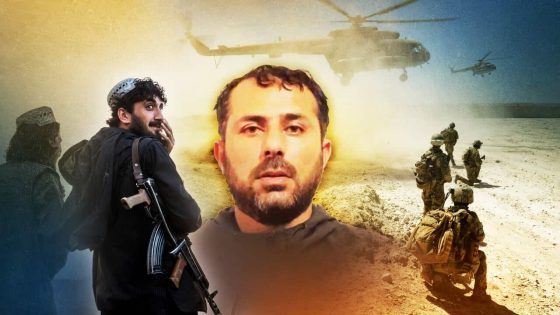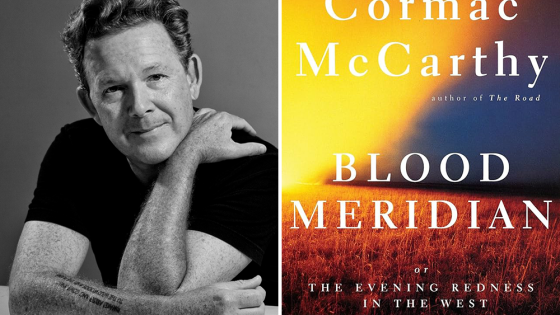The person being compensated must be a family member of a victim of an unlawful killing, must not be a member of a terrorist organisation, and not be under sanctions, or an associate of someone under sanctions — in what appears to be a reference to members of the Taliban.
Rozi Khan, a former police chief in Afghanistan, was considered a key ally of Western forces in Afghanistan. Source: Supplied
Hayatalluh Khoshal, who now lives in the Netherlands, spoke to SBS Pashto about the night his father, Rozi Khan, was killed in a 2008 operation when Australian special forces soldiers reportedly mistook him for an insurgent at his home in remote Afghanistan.
The Netherlands considered Rozi Khan a hero for rescuing a group of Dutch soldiers from an operation in 2007.
“My father was martyred. My brother-in-law and I were injured.”

Hayatullah Khoshal (in blue traditional garb) shakes hands with Dutch officials at a 2013 ceremony where he received a certificate for Afghans who helped Dutch soldiers in Afghanistan. Source: Supplied
The incident reportedly sparked a diplomatic saga, with Kevin Rudd, then Australia’s prime minister, phoning Afghanistan’s then-president Hamid Karzai to apologise.
“[Hamid] Karzai, who was the president of Afghanistan at that time, had forgiven them (the Australian government) without our permission and asked us to forgive him (Karzai) as well,” Khoshal said.

Former prime minister Kevin Rudd reportedly rang to apologise to former Afghanistan president Hamid Karzai about the incident that led to the death of Rozi Khan. Source: AAP / Sergeant John Carroll/Department of Defence
Khoshal says his family was left without a guardian when his brother Mohammad Dawood was later killed by the Taliban.
SBS News has contacted the Department of Defence and Department of Home Affairs for comment.

Afghanistan expert William Maley says Australian authorities will have to administer compensation for Afghan victims with “great discretion” to avoid risks for civilians. Credit: SBS News
Afghanistan expert William Maley, a professor of diplomacy at the Australian National University, said friendly fire incidents may not be covered under the compensation scheme.
Outlining the difficulties of compensation being paid under the remit of the Taliban, the plan also requires the AICA, or Advocate, to take into consideration the probability that compensation could benefit sanctioned people, terrorist groups or criminal organisations.

Hayatullah Khoshal (in blue garb, centre) at his home in remote Afghanistan. He says his home was later damaged by the Taliban after its 2021 takeover of the country. Source: Supplied
While the Taliban is no longer considered a terrorist organisation by the Australian government, sanctions remain in place against the militant group.
Maley says the compensation scheme will have to be carried out by Australian authorities with “great discretion”.
But the regime, which took over the war-torn country after the withdrawal of coalition forces in 2021, says financial compensation should be paid to victims by “all countries involved”.
Fitrat did not say whether it would assist the dispersal of the compensation regime, given the Taliban’s stronghold in rural parts of Afghanistan where the families of alleged victims reside.
Source Agencies


